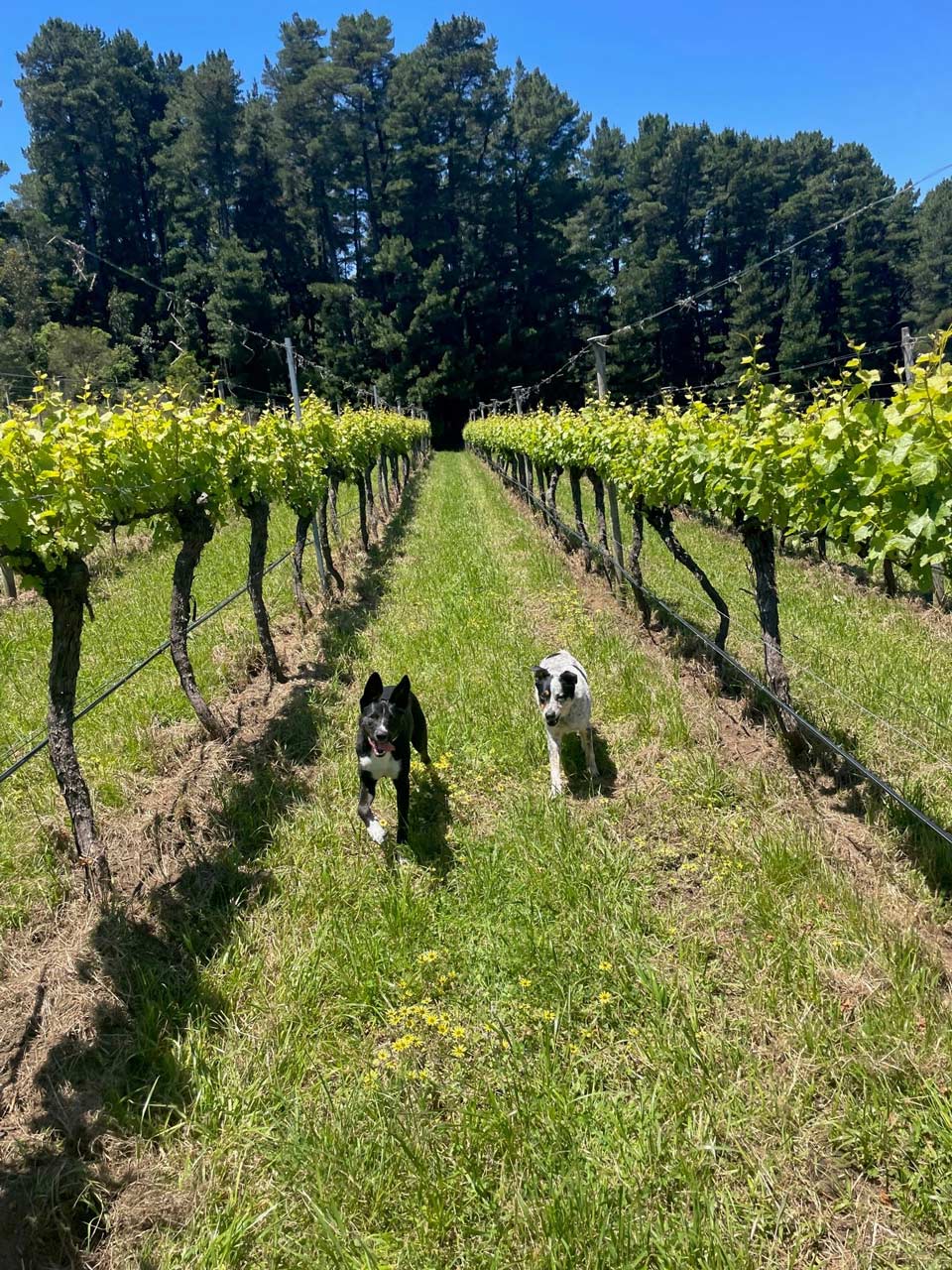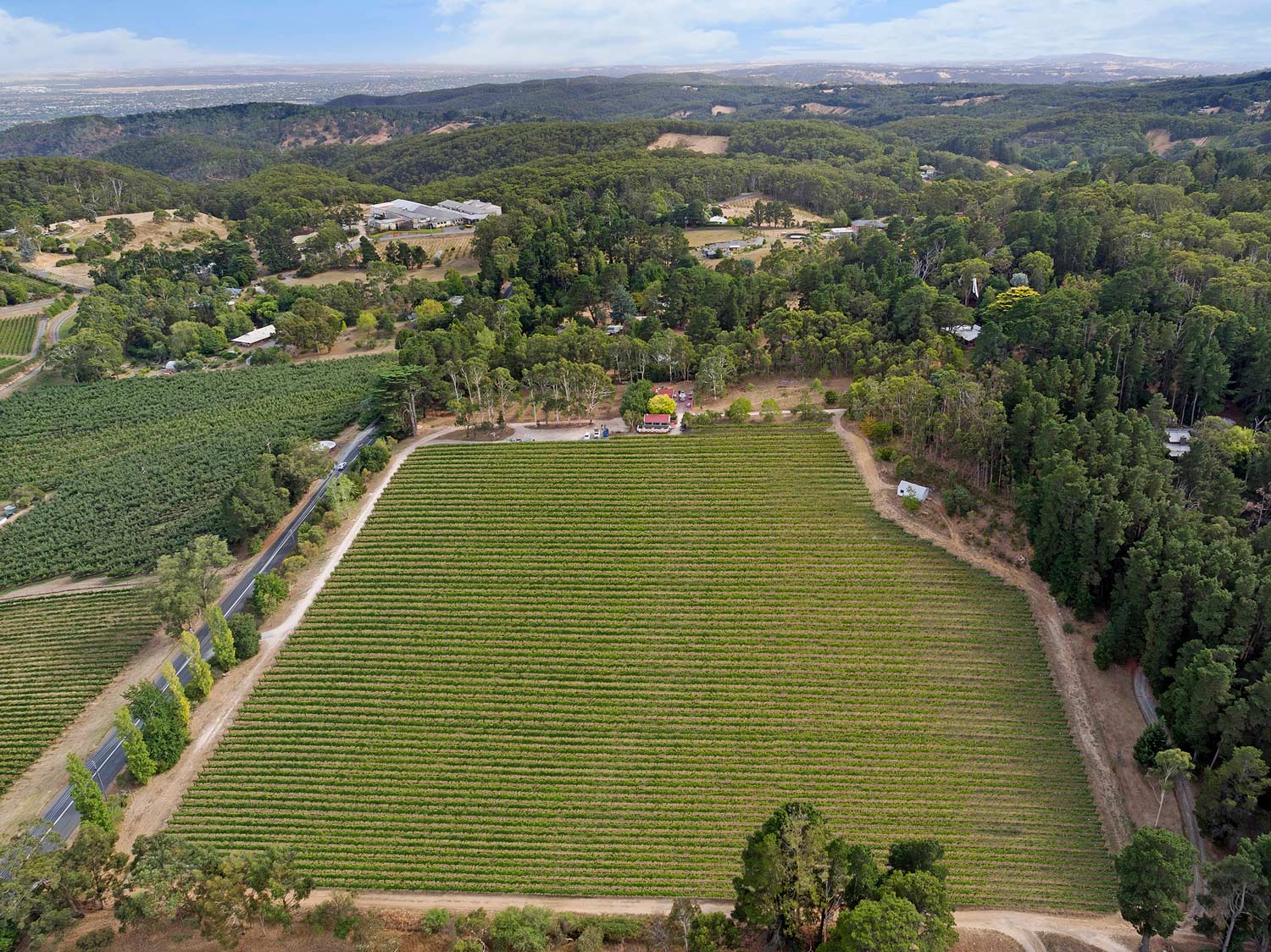Founded in 1982 by Stephen George, Ashton Hills is a beacon of viticultural excellence nestled within the officially recognized Piccadilly Valley subregion of the Adelaide Hills. Under the stewardship of Wirra Wirra Vineyards, with the viticultural expertise of Anton Groffen and vineyard management by Jose Neves, Ashton Hills passionately focuses on a meticulously curated selection of pinot noir clones. This 3-hectare estate, lauded for its high-altitude positioning, crafts wines that embody the essence of the Piccadilly Valley’s cool climate. The offerings, including Ashton Hills Reserve, Ashton Hills Estate, and Ashton Hills Riesling, are distinguished by their precision, elegance, and a vivid expression of terroir. Ashton Hills underscores its significance through a relentless pursuit of clonal perfection, a minimal intervention philosophy, and a deep respect for the unique cool climate conditions of its subregion, solidifying its place as a cornerstone of Australian cool climate viticulture.
The vineyard’s inception marked the beginning of a profound exploration into the complexities of pinot noir. “The early days were all about understanding our terroir and how different clones can express this unique environment,” Jose Neves reflects on the varietal focus that has defined Ashton Hills. This dedication to clonal research underpins the vineyard’s pursuit of wines that are true expressions of their origin.
“The meticulous clonal selection by Stephen over 30 years, focusing on up to 26 different clones of Pinot before selecting the 5 key clones, has been fundamental. This precision ensures that we cultivate clones best suited to our specific conditions, enhancing the unique profile of our wines.”
The strategic location of the vineyard, with its south-facing orientation, shields the vines from the harshest sun, facilitating a prolonged ripening period. This slow maturation process is crucial for developing the nuanced flavors and aromas that define Ashton Hills wines. Neves elaborates, “Our site at Ashton is on the northern boundary of Piccadilly and subsequently a south-west facing slope. This offers cooling south-westerly to south-easterly breezes in summer and shelter from the hot summer afternoon sun and drying northerly winds. The generally cooler nights and days slow down the accumulation of sugars in summer and autumn, allowing concentrated flavours and tannins to develop without the higher sugars and potential alcohols.”
In pursuit of excellence, Ashton Hills engages in annual viticultural trials, experimenting with various practices to refine the quality of their wines further. “Each year, we experiment in the vineyard to elevate our wine quality,” Neves shares. “Our estate comprises 13 unique blocks over 3.04 hectares, planted with a mix of Pinot Noir clones and Riesling. This diversity, although complicating the harvest, is vital for ensuring the quality consistency needed for our reserve-quality Pinot Noir. Each year there are standout clones and sections from differing parts of the vineyard.”
The commitment to capturing the essence of the Piccadilly Valley through specific grape varieties is a reflection of Ashton Hills’ understanding of its terroir and its potential to produce cool climate varietals par excellence. Neves points out, “We love Piccadilly Valley for pinot noir, chardonnay and riesling and maintain our focus on these varieties. While the greater Adelaide Hills is far more diverse in its elevations, rainfall and soils and can successfully grow a wide range of varieties, Piccadilly is a unique 220ha delineated sub-region for good reason. We’re more elevated and cooler in Piccadilly Valley so perfectly suited to the cool climate varieties of the region.”
Since 2016, the vineyard has undergone a transition to organic practices, a move spearheaded by Jose Neves. “We’ve eliminated the use of herbicides and adopted a mix of under-vine mowing and cultivation, tailoring our approach to the season’s demands,” Neves details. This commitment is demonstrated by their involvement in the Sustainable Winegrowing Australia program.
Addressing the challenges posed by climate change, Neves points to the vineyard’s advantageous south-facing orientation and the quality of water in the Piccadilly Valley as critical factors in mitigating heat wave impacts. “Our soil’s sandy top layer promotes deep rooting, ensuring natural drainage during wet years and resilience during dry periods,” he notes.
“We’re not actively looking to change varieties here at Ashton, but certainly looking at management techniques to reduce the short term impacts of climate change. Regenerative farming approaches including permanent swards mid row with mixed species, careful soil management, no herbicide use and organic/biodynamic inputs are aimed at building the resilience in the agricultural system to buffer the changing climate.”




